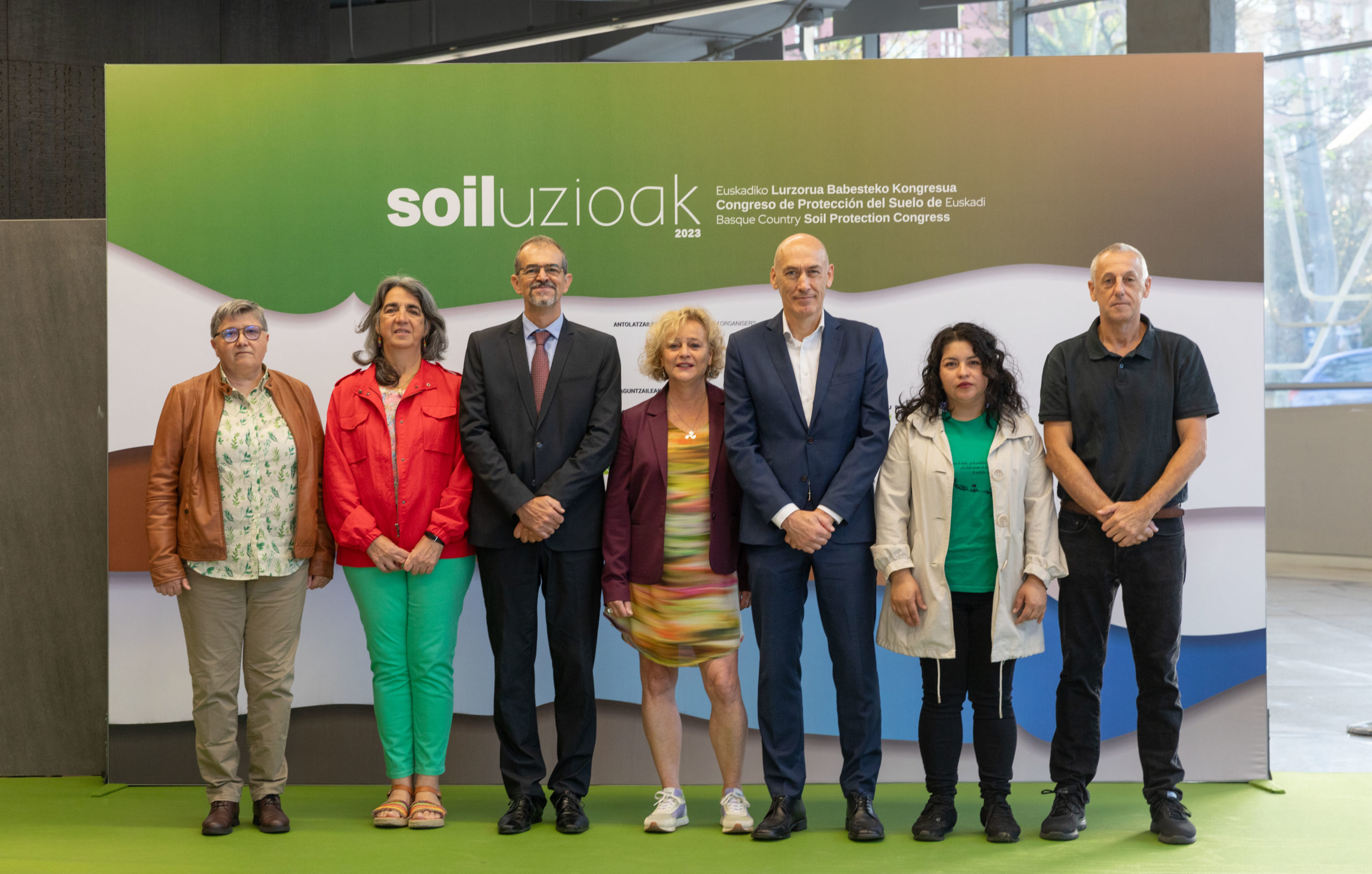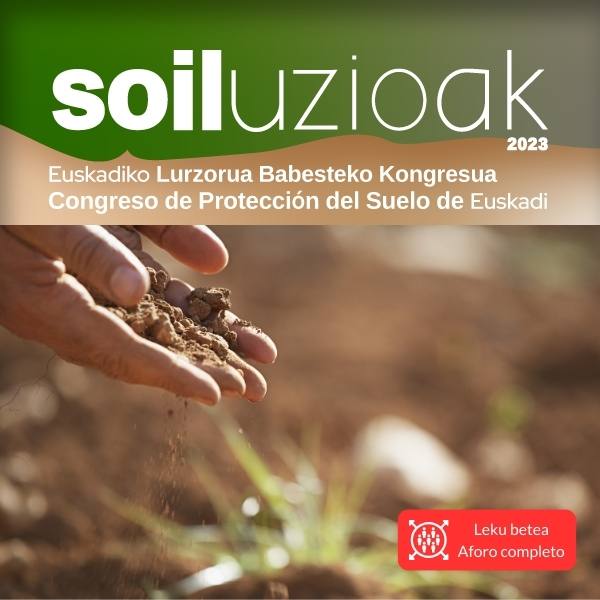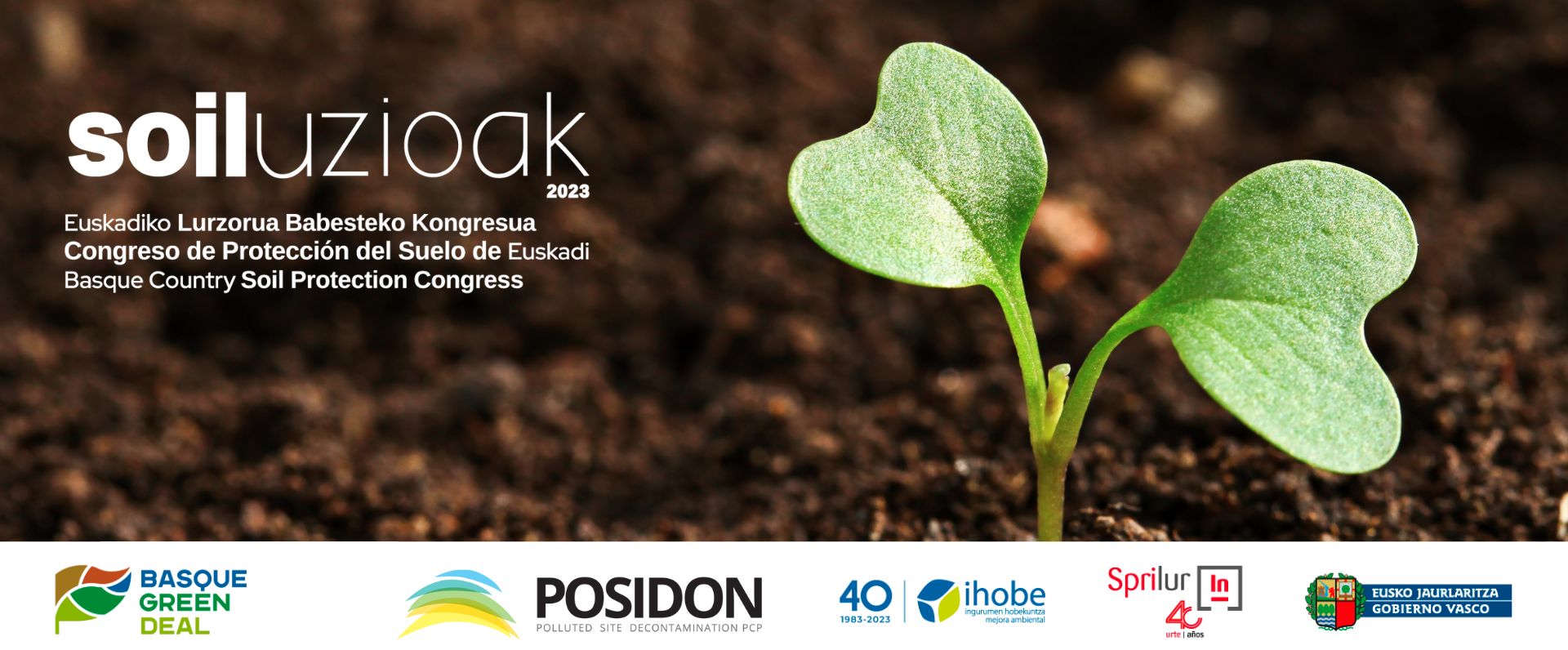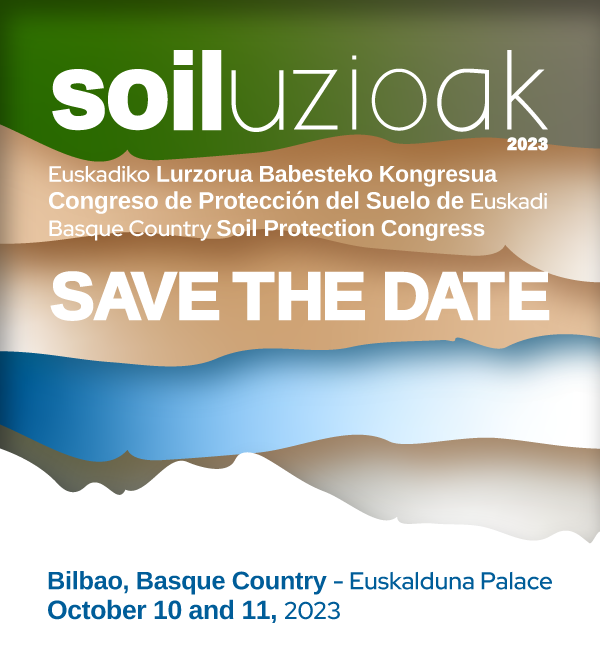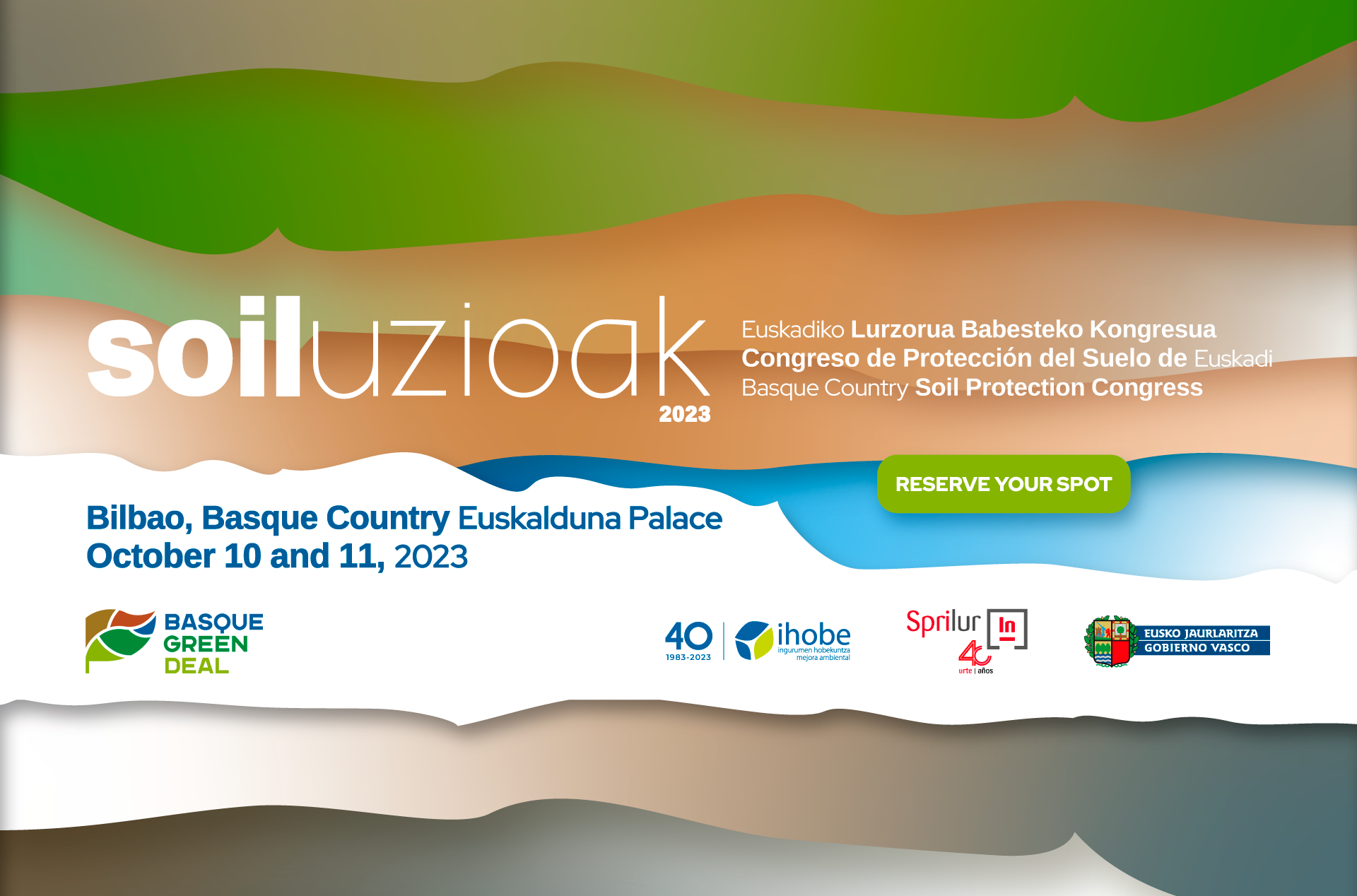- The SOILUZIOAK 2023 Conference on Soil Protection in the Basque Country kicked off on Tuesday, October 10 at the Euskalduna Conference Centre in Bilbao attended by more than 300 experts
- At the opening ceremony, the Basque Government’s Deputy Minister for Environmental Sustainability, Aitor Aldasoro, stressed the importance of the collaboration of all actors in order to achieve the objective of zero net land degradation by 2050
- The parallel sessions covered topics such as environmental legislation, spatial planning, adaptation to climate change and sustainable forest management. In the afternoon, field visits showcased innovative projects related to soil protection
- The morning session on October 11 focused on the relationship between soil protection and societal challenges
The SOILUZIOAK 2023 Conference on Soil Protection in the Basque Country kicked off on Tuesday, October 10 in Bilbao attended by more than 300 people, who discussed different legislative initiatives on the first day to ensure comprehensive sustainable soil management and protection.
At the opening ceremony, the Basque Government’s Deputy Minister for Environmental Sustainability, Aitor Aldasoro, stated that the pioneering policy in the Basque Country “with more than thirty years of work on soil decontamination, has led to the safe incorporation into the market of more than 25% of the potentially contaminated sites inventoried to date”.
Aldasoro also highlighted the Basque Country’s 2030 Land Protection Strategy, which was approved in June 2022, as a model for a “comprehensive sustainable land management policy, which ensures the coherence and transversality of policies with an impact on the health of this resource”. The deputy minister stressed the importance of collaboration between the different actors involved in order to achieve the goal that has been set worldwide for 2050: zero net land degradation.
The plenary session began with a speech by the historian and ethnographer Alberto Santana, who reflected on the intangible value of the soil. In his talk, the historian reviewed the historical models of land management in the Basque Country and the identity that this resource gives to the Basque people. “Our surnames come from the names of the lands and protecting our land means protecting our identity,” Santana said.
Natalia Rodríguez, representing the Food and Agriculture Organization of the United Nations-FAO, then highlighted the lead taken by the Basque Country on soil management thanks to the environmental planning carried out to date and ran through soil protection initiatives on a global scale, and the contribution of soil protection to the Sustainable Development Goals.
The first round table of the day provided an overview of current initiatives, from the Basque Soil Protection Strategy to the European Soil Health Law. Moderated by the secretary of the Common Forum on Contaminated Land in Europe, Diermar Müller-Graber, the round table was attended by representatives of different administrations such as Ion Codescu, from the European Commission; Alexander Boto, General Manager of Ihobe; Esther Goidts, from the Government of Wallonia (Belgium); and Antonio Caballa, from the Spanish Ministry for Ecological Transition and the Demographic Challenge.
In the second part of the morning, four parallel round tables took place, which focused on the challenges for soil protection in various fields of action: the European Soil Protection Strategy 2030initiatives to promote sustainable agriculture, spatial planning and land use, and soil in mitigating and adapting to climate change were the topics discussed.
Field trips to innovative projects
During the afternoon, SOILUZIOAK 2023 provided first-hand knowledge of innovative projects linked to soil protection. The field visits showed first hand experiences such as the production of txakoli in the Urdaibai Biosphere Reserve from the perspective of sustainability; the past and present of land and territorial regeneration via a boat trip on the Bilbao estuary; Begoña cemetery as a new common space designed from respect as inspiration; the island of Zorrozaurre as a challenge in the construction of the city; the soil and landscape shaped by mining activity in La Arboleda (Meatzaldea); and a new way of understanding agriculture and livestock farming with a visit to a sustainable livestock farm.
Promoted by the Basque Government through Ihobe, the Public Environmental Management Company, and Sprilur, the Basque Public Company for Industrial Land Management, the conference continued on October 11, with the aim of opening the debate on the need to protect this resource from the perspectives of human health, biodiversity, climate change, food safety and water quality, among other issues.
More information: www.soiluzioak.eus | prensa@soiluzioak.eus
